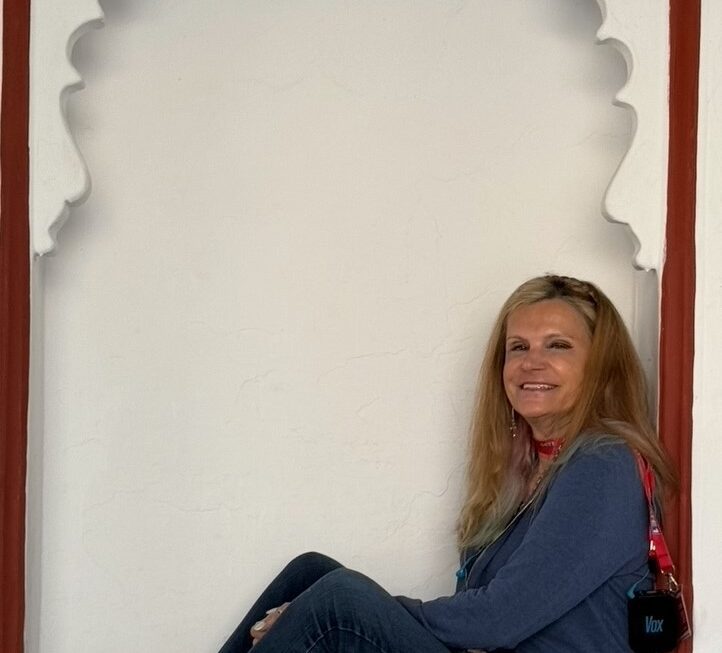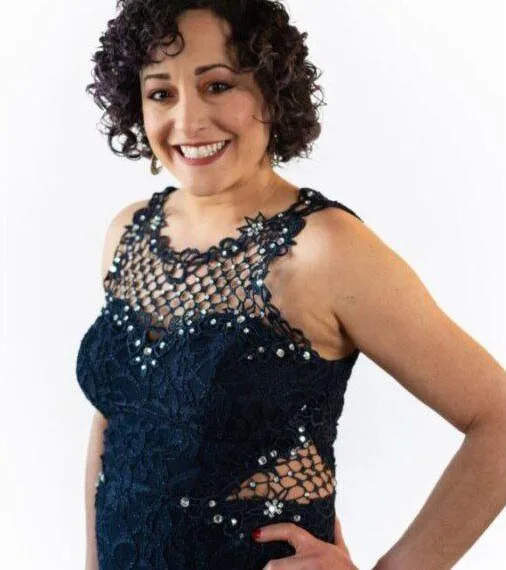Meet Agnes
Licensed Clinical Social Worker. Traumatologist. Author. Speaker. Healer.
Agnes Wohl has spent over 30 years walking alongside trauma survivors, helping them reclaim the parts of themselves that trauma tried to silence. Based in Woodbury, NY (and licensed in New York, New Jersey, Pennsylvania, and Rhode Island.), Agnes specializes in working with survivors of childhood sexual abuse, PTSD, clergy abuse, dissociation, and other deeply rooted wounds. Her approach blends evidence-based therapies like EMDR and Sensorimotor Psychotherapy with the quiet power of presence and deep empathy.
She’s not just skilled, she’s lived it. As the daughter of Holocaust survivors, Agnes grew up surrounded by unspoken trauma. That legacy became her calling. Through her private practice, books, and public speaking, she’s helped many not only process pain, but grow from it.
Learn more: AgnesWohl.com
What inspired you to specialize in trauma work?
I grew up as the child of two Holocaust survivors. I lived with their untreated PTSD my entire life. That was my “boot camp.” In college, psychology fascinated me. Each course felt more enriching than the last. I graduated with honors in psychology and went on to earn two graduate degrees. I’m Board Certified in Traumatic Stress by the American Academy of Experts in Traumatic Stress, and I am also a Board Certified Diplomate in Clinical Social Work.
Early in my career, I worked with children who had experienced trauma and found that I could significantly impact their lives through trauma-focused work. For more than two decades, I’ve worked exclusively in private practice. The work is extremely challenging and yet equally rewarding.
How would you describe your approach to working with trauma survivors?
I use trauma-focused techniques such as EMDR and Sensorimotor Psychotherapy, which are specifically designed to support people who have experienced all types of trauma. I find these approaches gentler than Exposure Therapy, which often involves repeatedly revisiting traumatic memories. While some clinicians prefer that method, it doesn’t suit my personality or clinical style.
I encourage people to learn more about these therapies. There are many articles, books, and videos available that explain their approaches in depth.
What do you wish more people understood about the healing process?
Whenever I share the kind of work I do, people often react with, “I could never do that,” or, “How can you listen to such horrible stories?” My response is always the same: it’s a privilege to walk alongside someone on their journey to healing.
Over the past 40 years, working with children, adolescents, adults, and seniors, I’ve witnessed many people significantly improve their lives. They go on to have healthier relationships, find meaningful work, and experience more joy.
How do you help clients reconnect with parts of themselves that were lost or hidden due to trauma?
EMDR and Sensorimotor Psychotherapy allow clients to reconnect with their lost inner child, or the freer, lighter version of themselves they once knew. While trauma changes a person forever, I’ve also seen remarkable Post-Traumatic Growth. Greater empathy, resilience, and deepened emotional awareness often emerge from the healing process.
What can someone do if they feel therapy “isn’t working” or they feel stuck?
First, talk to your therapist. Let them know how you’re feeling and ask if the work can be adjusted. Therapy should be collaborative. If nothing changes after a thoughtful conversation, it may be time to find a different therapist. Finding someone who is the right fit is so important.
What’s something you still struggle with or continue to work on as a human being?
I struggle with the pain people inflict on others — especially those in nurturing roles. It’s heartbreaking how trauma can be passed down through generations. I also wrestle with how society continues to minimize mental health issues, often slashing funding and resources. We know that the mind profoundly affects the body. So many physical illnesses could be prevented with early mental health intervention.
If you could offer just one sentence to someone in the thick of it right now, what would you say?
Don’t give up. There is help and there is hope.
Where can people find you or learn more about your work?
Visit agneswohl.com, or read any of my books.




